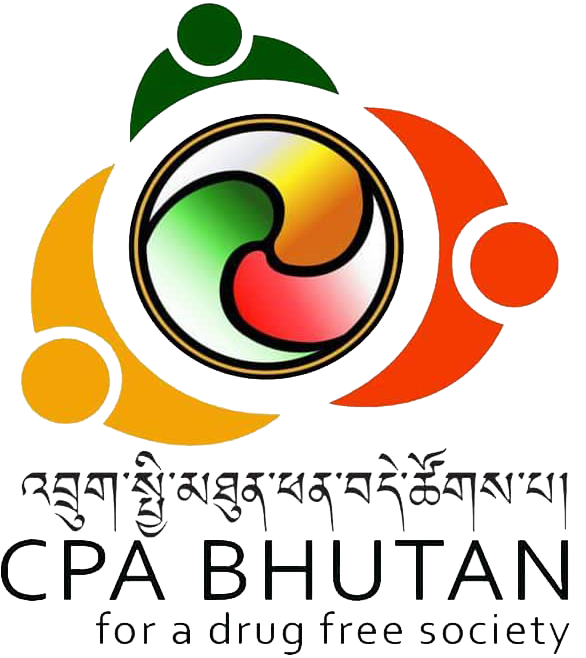+975 02 333111
Reintegration

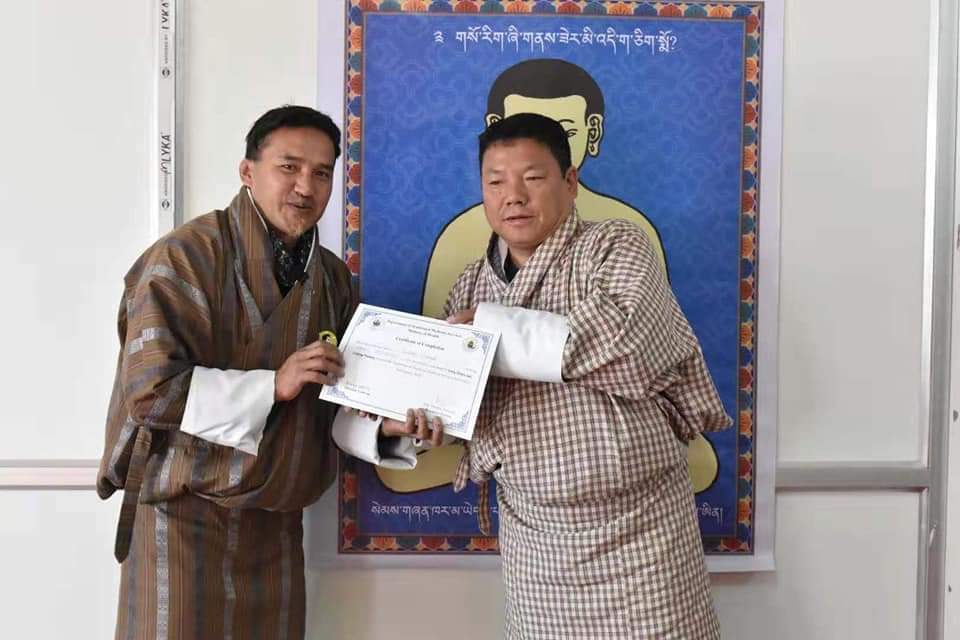
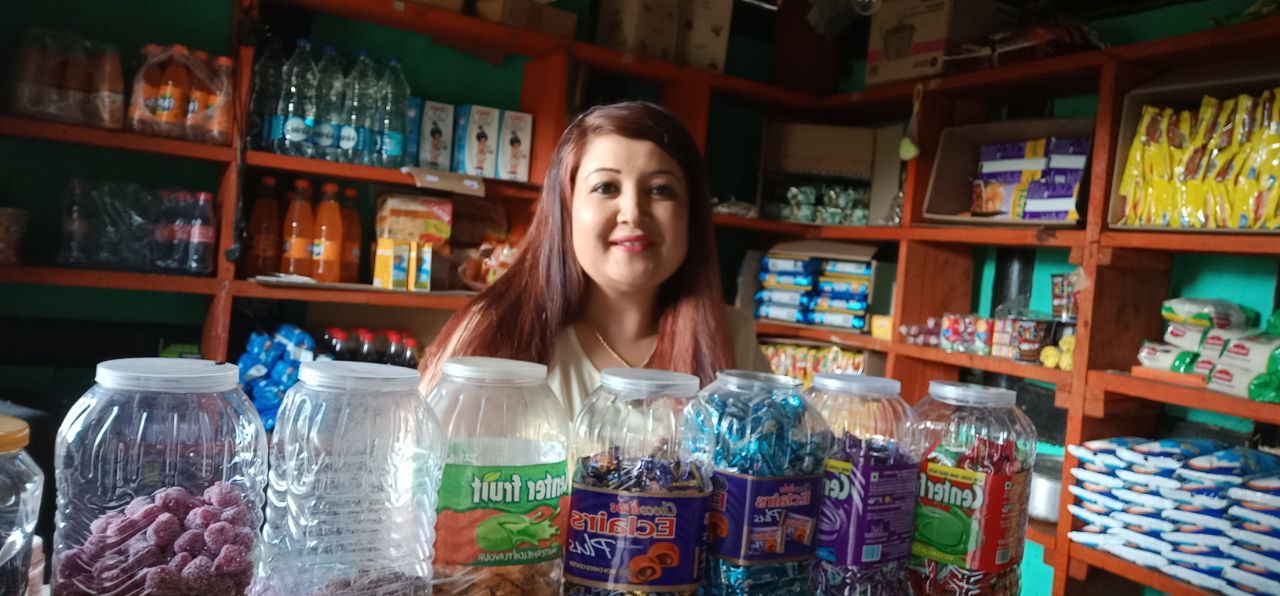
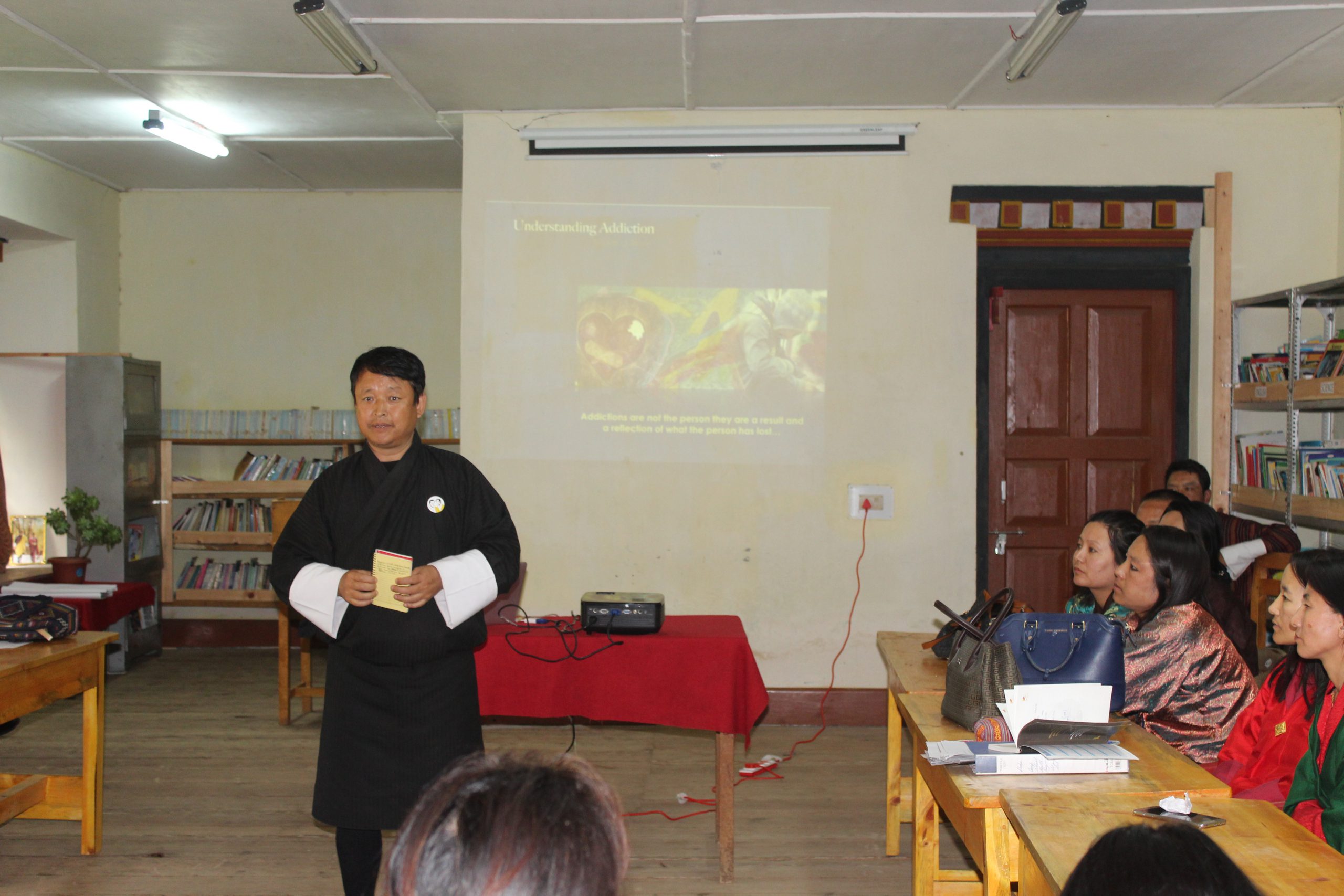
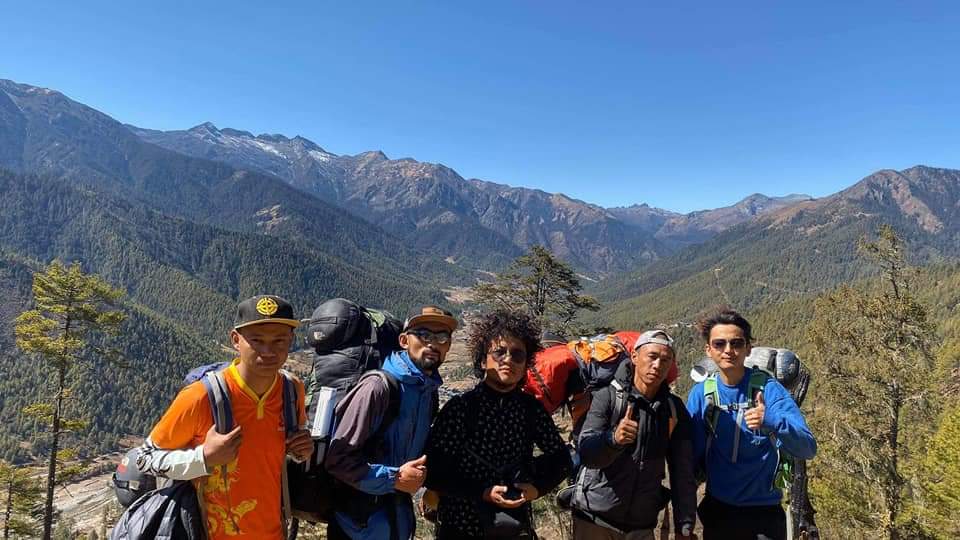
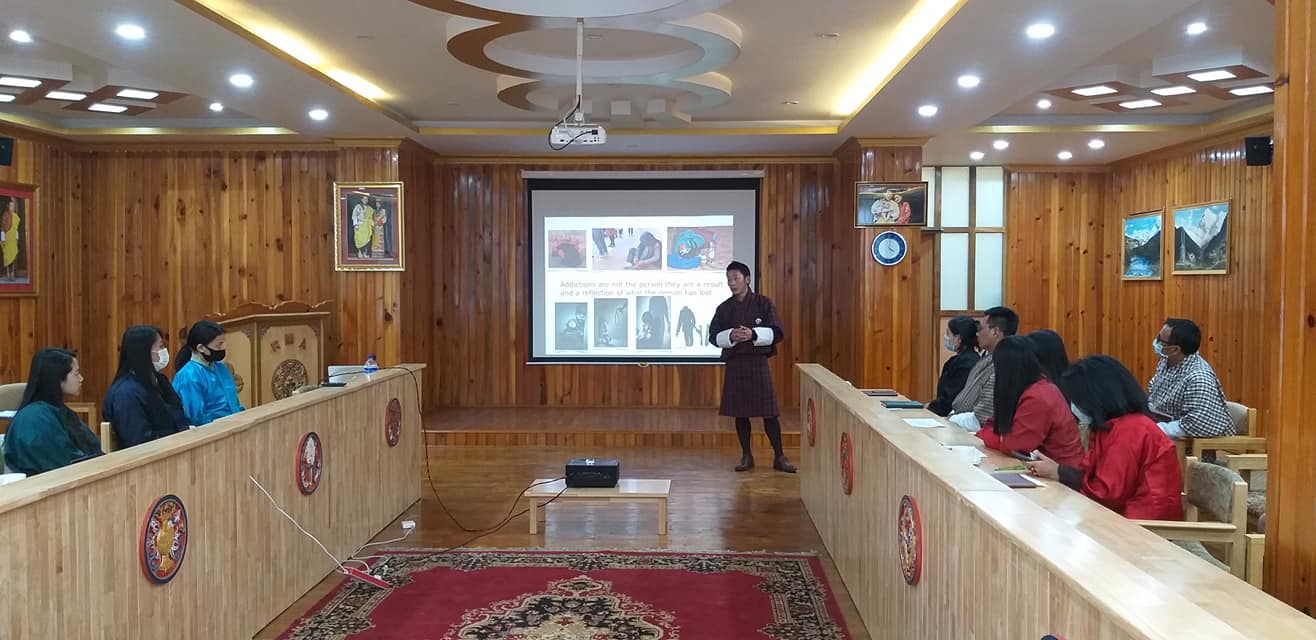
Individuals addicted to alcohol and other substances can undergo treatment, rehabilitate and become like any other normal person. However, everyone faces the dangers of relapse and getting back into the same vicious cycle. This can be prevented through social reintegration programs, where individuals are provided with opportunities and tools that make them productive members of the society. By doing so, incidences of social exclusion reduces, former addicts find a place for themselves in society where they are respected. These are crucial not just to prevent the incidences of relapse, but also to transform former addicts and make them productive citizens. Recognizing the above important aspect, Chithuen Phenday Association (CPA) engages clients in farming, skills development and assists individuals in finding a profession where they are gainfully employed.
As has been pointed out earlier, those addicted to alcohol and other substances face several problems before they seek treatment. They are socially ostracized; some lose their jobs and families and there are also those who do not have anyone they can depend on. While treatment helps them overcome addiction and find a meaning for their lives, it is imperative to prepare them to face the world once they complete their treatment and return to their different worlds. In other words, social reintegration programs are as important as treatment is. Without the former, the success achieved could go in vain, for individuals can relapse. One of the most important components of Chithuen Phenday Association’s (CPA) treatment is preparing the clients to face moments that may make them relapse. For instance, social stigma could make one very vulnerable to relapse. At the center, clients are thoroughly briefed and repeatedly told about different ways that can prevent them from relapse. Additionally, preparing clients return to their worlds mean equipping them with skills and offering assistances through other means to make society accept them and also to make them competent, productive and proud members of the society. It means enabling them get back the job(s) they lost due to addiction. It also includes infusing confidence to find a job for them or begin a business of their own. There are several clients of CPA who are today proud members of the society, empowered socially and economically. There are those who have learned how to overcome the challenges of relapse and are thus leading fulfilling lives. There are others working in different areas that have been provided emotional support. However, an objective of CPA is to strengthen the reintegration programs and CPA is now making Re-integration and income generating programs more important. By liaising with the Ministry of Labour and Human Resources (MoLHR), we will make our clients skilled as ne of the most important aspects of alcohol and drug treatment is re-integration into society, which CPA currently has not been able to resolve. Clients at the center can be engaged in training programs based on their interests and needs of the market. The MoLHR offers several training courses beginning from labour intensive ones to others like baking. CPA will engage with the MoLHR to enable clients at the center learn skills that can be used once they are fully treated and out in the open. Efforts will be made to sign a memorandum of understanding (MoU) with the MoLHR, so that trainees from the ministry can come to the center and begin imparting skills.
CPA will also seek support from National Land Commission (NLC). Through this, business and a comprehensive center for rehabilitation can be constructed. Re-integration will be multifaceted, beginning with the establishment of green houses for the growth of organic vegetables, medicinal herbs and others. Agricultural land will be a primary requirement. As such, CPA will seek support of the NLC for the possibility of acquiring government land on lease, so that activities like the above can be conducted. It will not just benefit CPA in terms of revenue generated, but also ensure that interested clients are automatically re-integrated.
Similarly, other areas through which additional income can be generated will be explored.
A Master plan for the establishment of a comprehensive preventive, treatment and rehabilitation center will be submitted and activities conducted accordingly.
CPA will also seek support from National Land Commission (NLC). Through this, business and a comprehensive center for rehabilitation can be constructed. Re-integration will be multifaceted, beginning with the establishment of green houses for the growth of organic vegetables, medicinal herbs and others. Agricultural land will be a primary requirement. As such, CPA will seek support of the NLC for the possibility of acquiring government land on lease, so that activities like the above can be conducted. It will not just benefit CPA in terms of revenue generated, but also ensure that interested clients are automatically re-integrated.
Similarly, other areas through which additional income can be generated will be explored.
A Master plan for the establishment of a comprehensive preventive, treatment and rehabilitation center will be submitted and activities conducted accordingly.
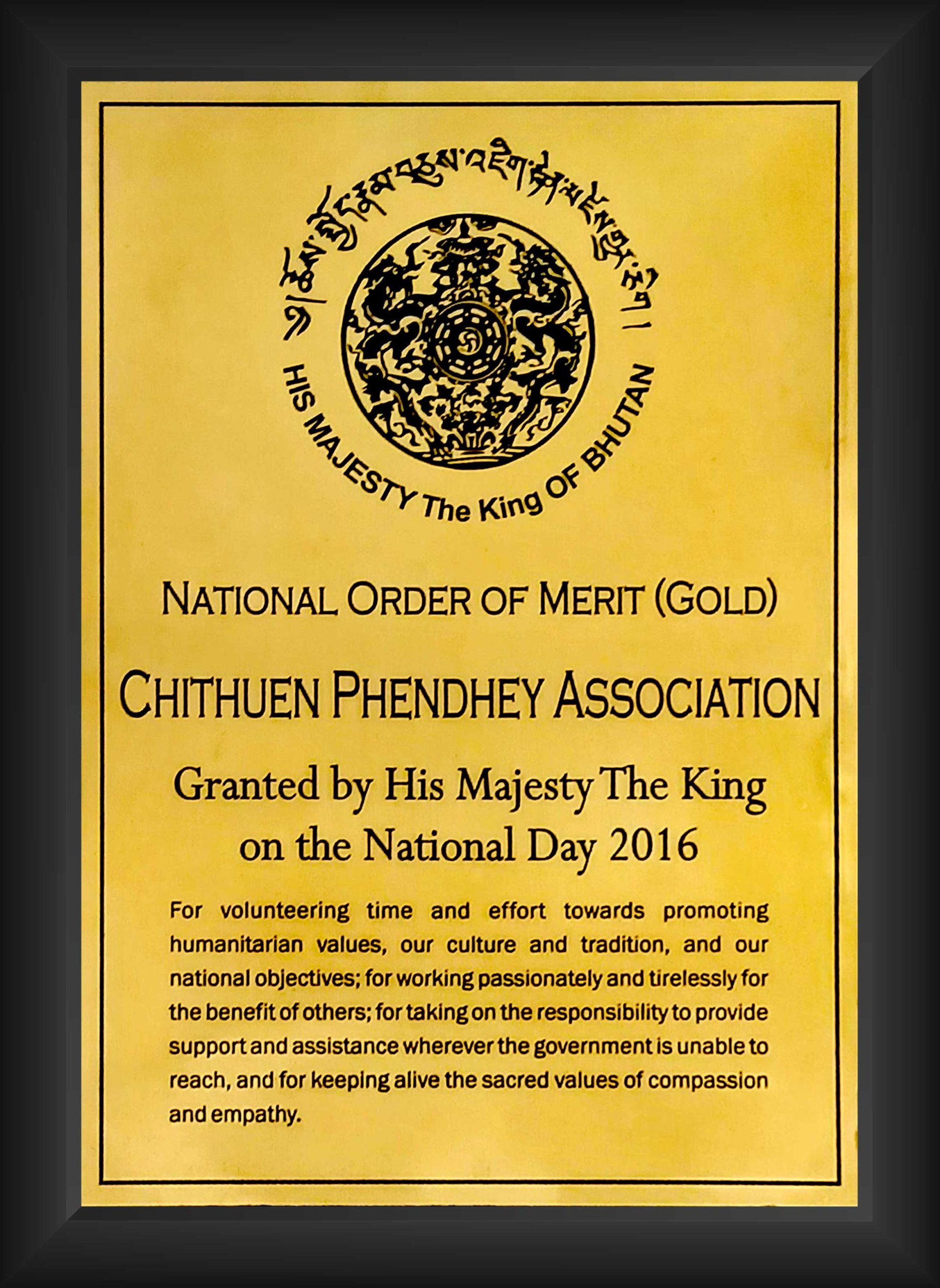
Find us on facebook
ADDRESS
(+975) 02 333111
(+975) 17398865 / 17398898
drukchithuen@gmail.com
1490
Yangchen Lam, Thimphu.
